It’s worth two per cent: NATO is Canada’s grand strategy
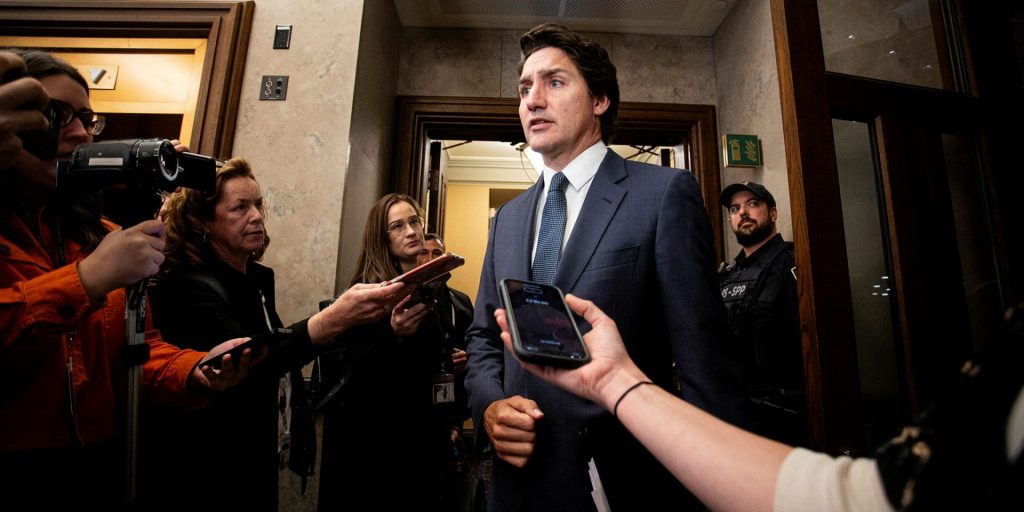
Instead of a plan that binds itself to specific population goals or political parties, NATO binds us to the collaborative consensus-building and problem-solving of the alliance.
Armed Forces under new management, but new CDS faces tough challenges
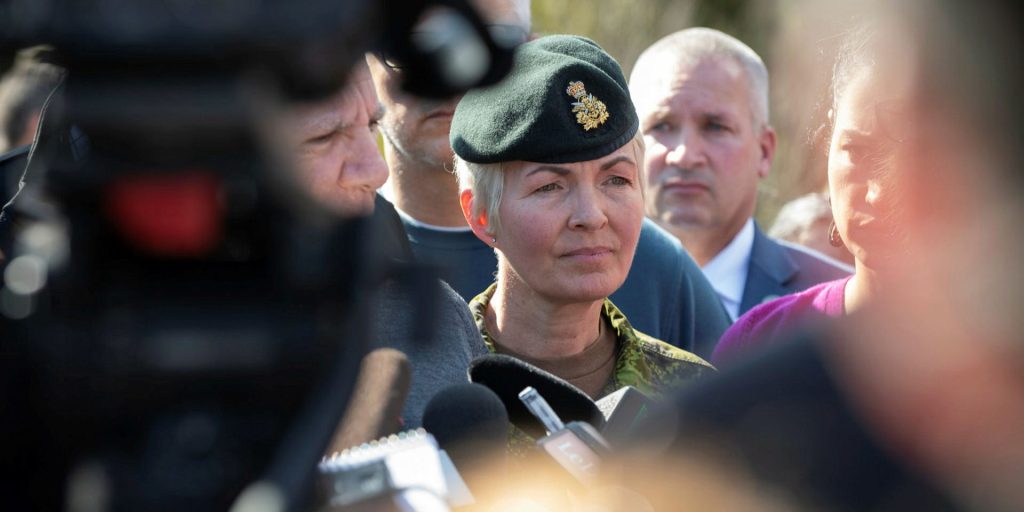
CAF senior leadership needs to regain the trust of the rank and file, which won’t be easy without the political will to effect major changes.
Quantum technology presents Canada a chance for national security and defence spending
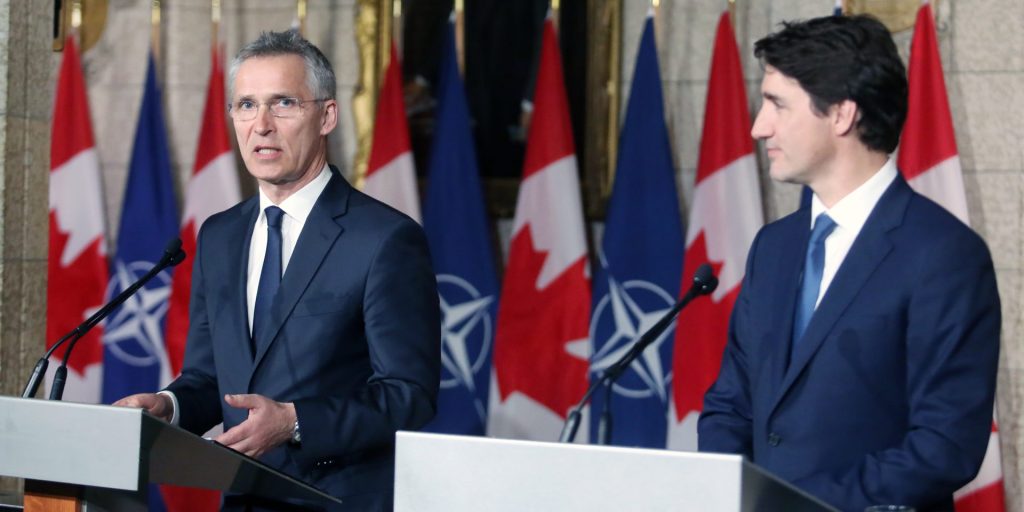
Canada can advance on its NATO target to spend two per cent of GDP on defence by making investments in the research and development of quantum technologies.
Canada ‘catching up’ with NATO allies by bolstering air defence systems since ‘wake-up call’ in Ukraine, experts say
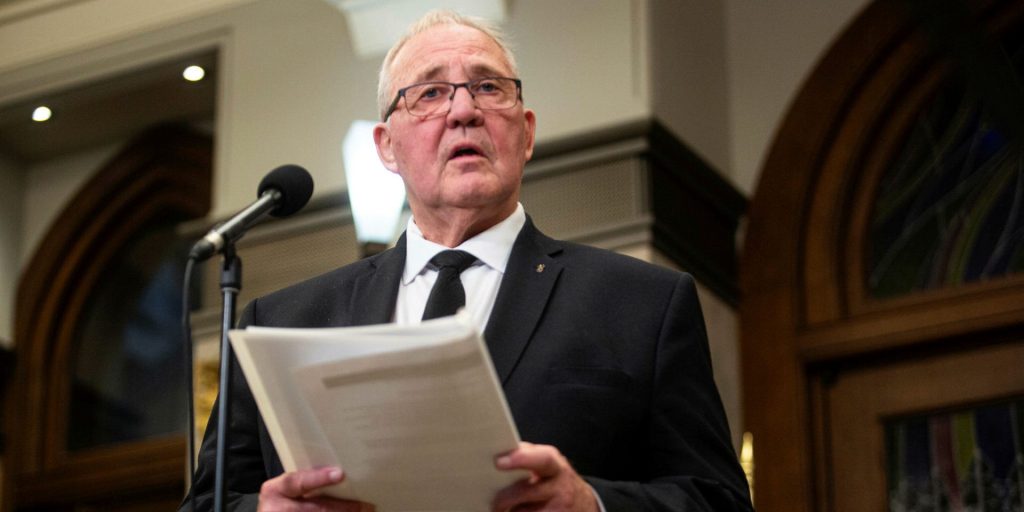
The war in Ukraine has informed NATO allies and Canadian procurement strategies in ‘all kinds of ways,’ says defence expert David Perry.
‘Historic,’ first female chief of defence staff Carignan has steep road ahead in recruiting and procurement, say military experts
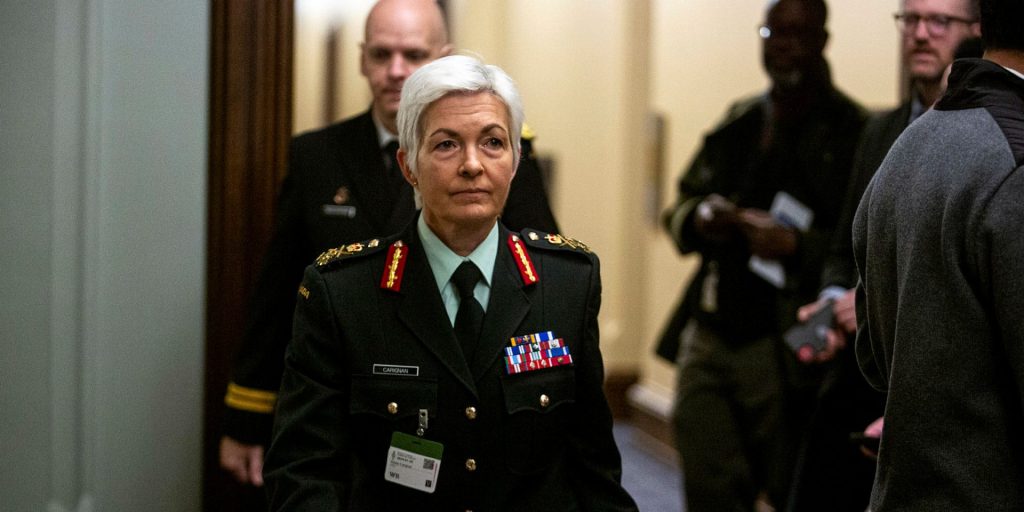
With both internal and external pressures on the Canadian Armed Forces, this is an ‘extremely challenging’ time for any new chief of defence staff regardless of background, says Mount Saint Vincent University professor Maya Eichler.
Bungling bureaucracy: CAF leadership dropping the ball on transparency
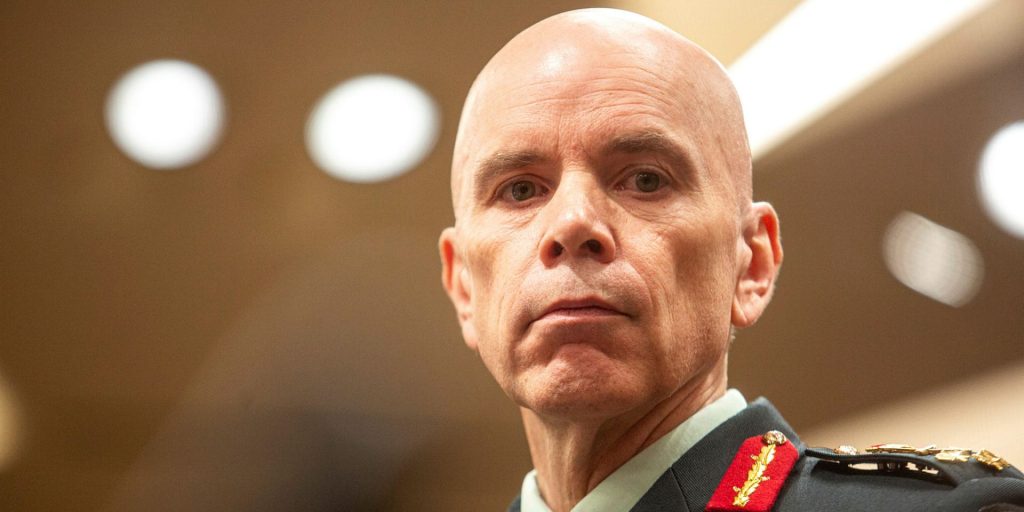
It is evident that Gen. Wayne Eyre and his advisers do not understand that the Access to Information Act is a federal law, not merely a suggestion.
House National Defence Committee floats idea of permanent workforce, engineering corps to reduce reliance on military during natural disasters
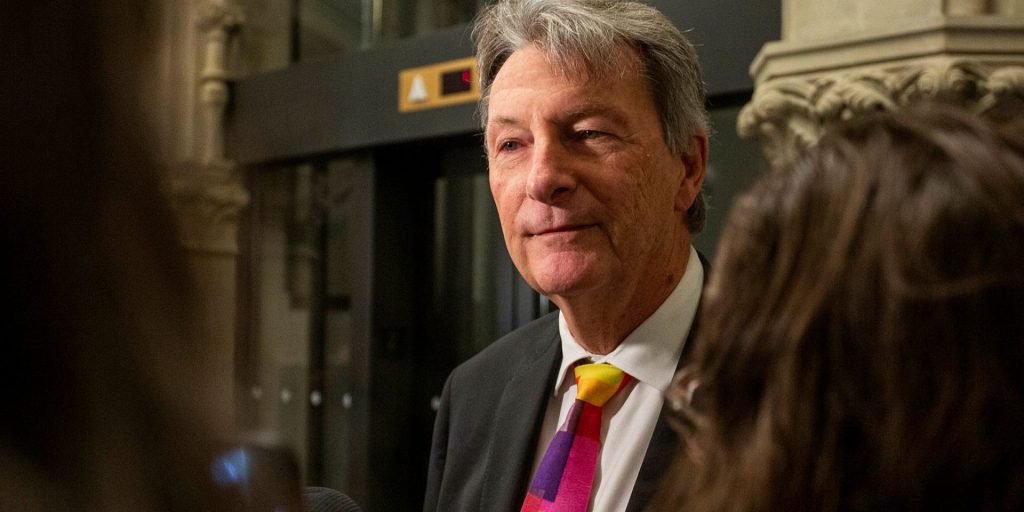
The increase in domestic operations has strained CAF resources and reduced operational readiness for global threats, the House National Defence Committee report said.Among the 16 recommendations in the report were calls for the government to consider creating a civilian corps of engineers within CAF, similar to the United States Army Corps of Engineers.
Foreign interference bill passes, but online harms and citizenship bills left on hold until House comes back
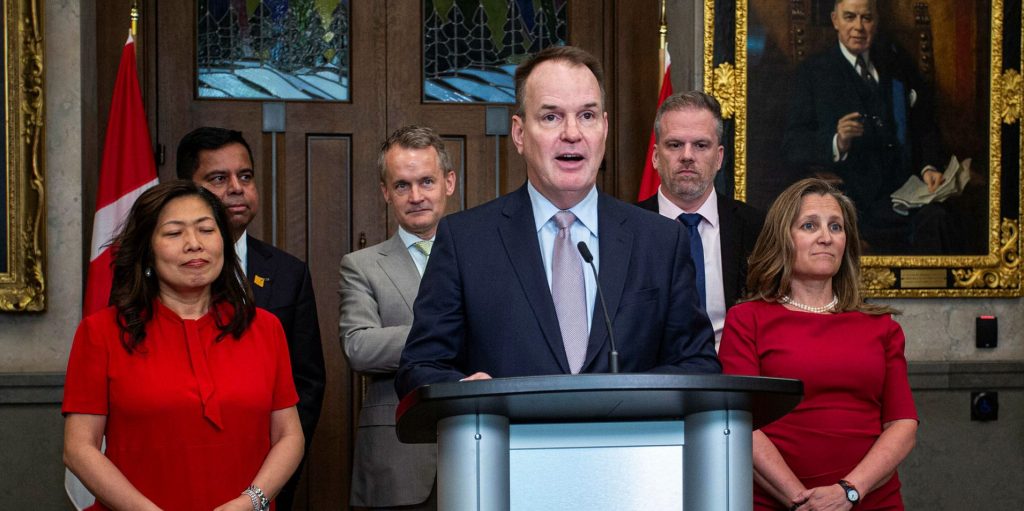
Bill C-63, the Liberal government’s Online Harms Act, and Bill C-71, an act to amend the Citizenship Act (2024), are stuck at second reading until the House returns in September.
‘So damn offensive’: NSICOP and Hogue findings on media raise serious concern about covert targeting of Canadian journalists
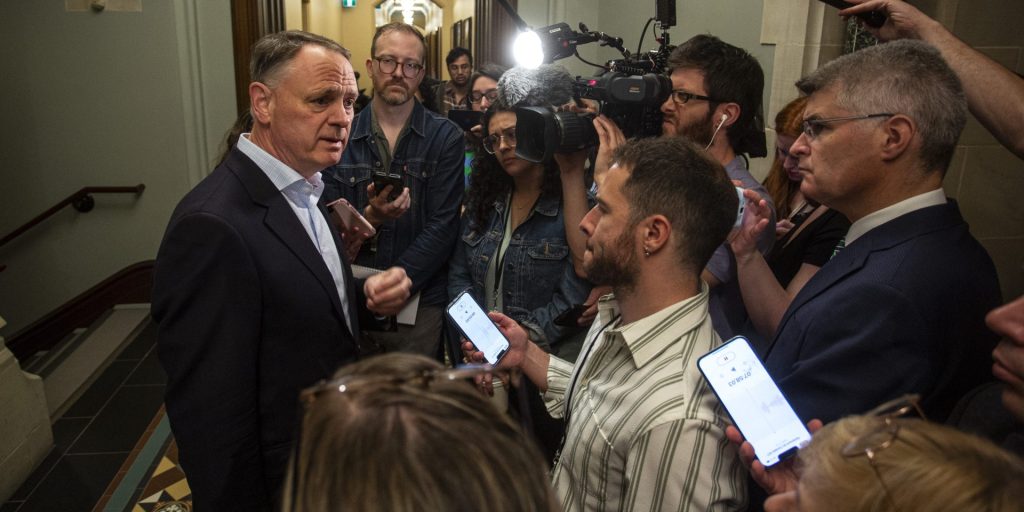
If foreign powers can convince mainstream Canadian media to report a message they wish to advance ‘it’s quite dangerous’ because it lends ‘credibility to the entire narrative,’ said MLI’s Marcus Kolga.
An Arctic strategy is the nation-building project Canada needs now

Canada’s long-term goals in the region depend on the development of Northern and Indigenous communities.


